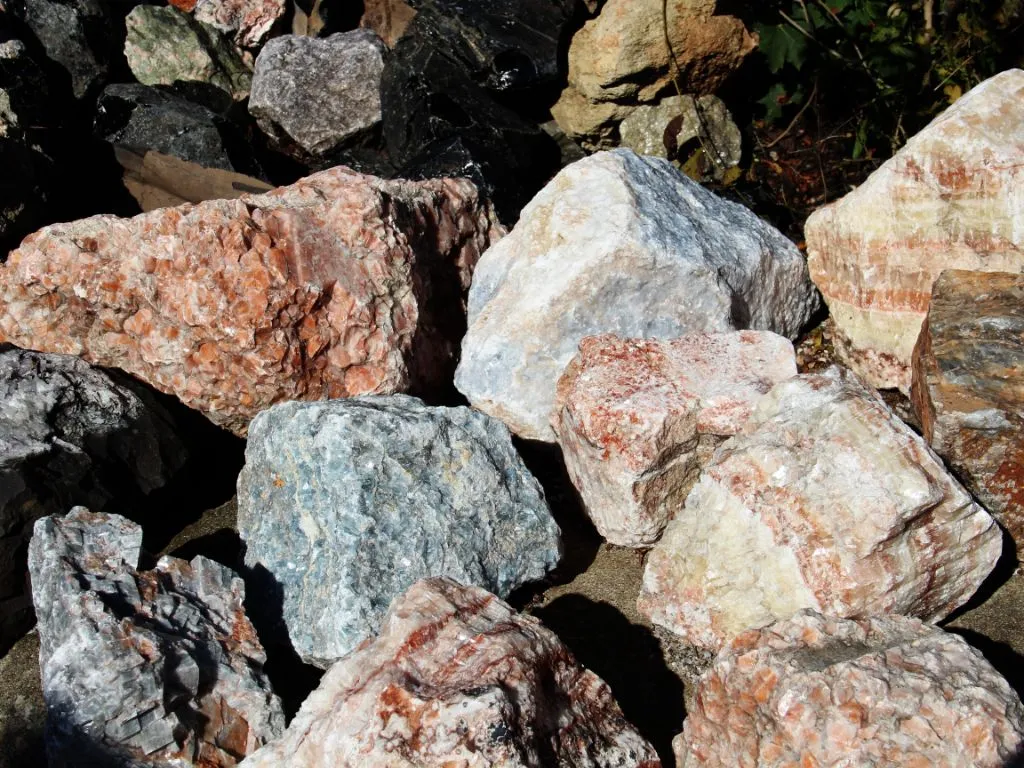News Details

EU Implements Critical Raw Materials Act to Ensure Sustainable Supply
On May 23, 2024, the European Union’s Regulation (EU) 2024/12521, known as the Critical Raw Materials Act (CRMA), officially took effect. This landmark regulation establishes a framework to ensure a secure and sustainable supply of critical raw materials which are essential for strategic sectors such as clean technologies, digital industries, defence, and aerospace.
Importance of the CRMA
The European Commission highlights the importance of secure access to critical raw materials. The EU is currently heavily dependent on imports, with 97% of its magnesium coming from China, 98% of its borate from Türkiye and 71 % of platinum group metals from South Africa. The CRMA aims to diversify and secure the EU's supply chain, reducing dependency on individual suppliers and enhancing domestic production capacity.
The CRMA distinguishes between two categories of raw materials that are essential for the economic and strategic stability of the EU:
-
Critical Raw Materials: Vital for the European economy with a high risk of supply disruption. A list of the 34 raw materials considered to be critical can be found in Annex II of the Regulation.
-
Strategic Raw Materials: Used in strategic sectors such as renewable energy and defence, with projected demand growth likely to outstrip current supply, creating supply risks. A list of the 17 raw materials identified as strategic can be found in Annex I of the Regulation.
Key Highlights and Policy Measures
1. Establishing Priorities and Objectives
The CRMA sets benchmarks for the strategic raw materials value chain, including:
-
Extraction: At least 10% of the EU’s annual consumption.
-
Processing: At least 40% of the EU’s annual consumption.
-
Recycling: At least 25% of the EU’s annual consumption.
-
Diversity of Supply: No more than 65% of the EU’s annual consumption should come from a single country.
2. Streamlining Permitting Procedures
Projects that increase capacity for strategic raw materials can apply for "Strategic Project" status and benefit from expedited permitting processes, which should not exceed 27 months for extraction projects within the EU.
3. Monitoring and Resilience
To ensure the stability and reliability of the supply chain for critical raw materials, the EU will implement a series of measures focusing on monitoring and resilience. In particular, the EU will:
-
Monitor supply risks.
-
Conduct stress tests for each strategic raw material supply chain.
-
Provide updates via a monitoring dashboard.
-
Coordinate strategic stocks.
-
Require large companies to conduct supply chain risk assessments every three years.
4. Promoting Sustainability and Circularity
National measures will encourage:
-
The collection, sorting, and processing of waste containing critical raw materials.
-
Technological advances in recycling.
-
Circular design and materials efficiency.
By December 31, 2031, companies will need to comply with labelling requirements for various products and ensure a specified minimum share of certain raw materials. Additionally, the EU will establish rules for calculating and verifying the environmental footprint of critical raw materials and require companies to provide declarations based on these rules.
5. Establishing EU-Level Supervision
The European Critical Raw Materials Board, composed of representatives from all Member States and the Commission, will oversee the implementation and progress of the CRMA.
For more detailed information, visit the European Commission’s Legal Content at Regulation - EU - 2024/1252 - EN - EUR-Lex (europa.eu).
We acknowledge that the above information has been compiled from European Commission .

 Twitter
Twitter
